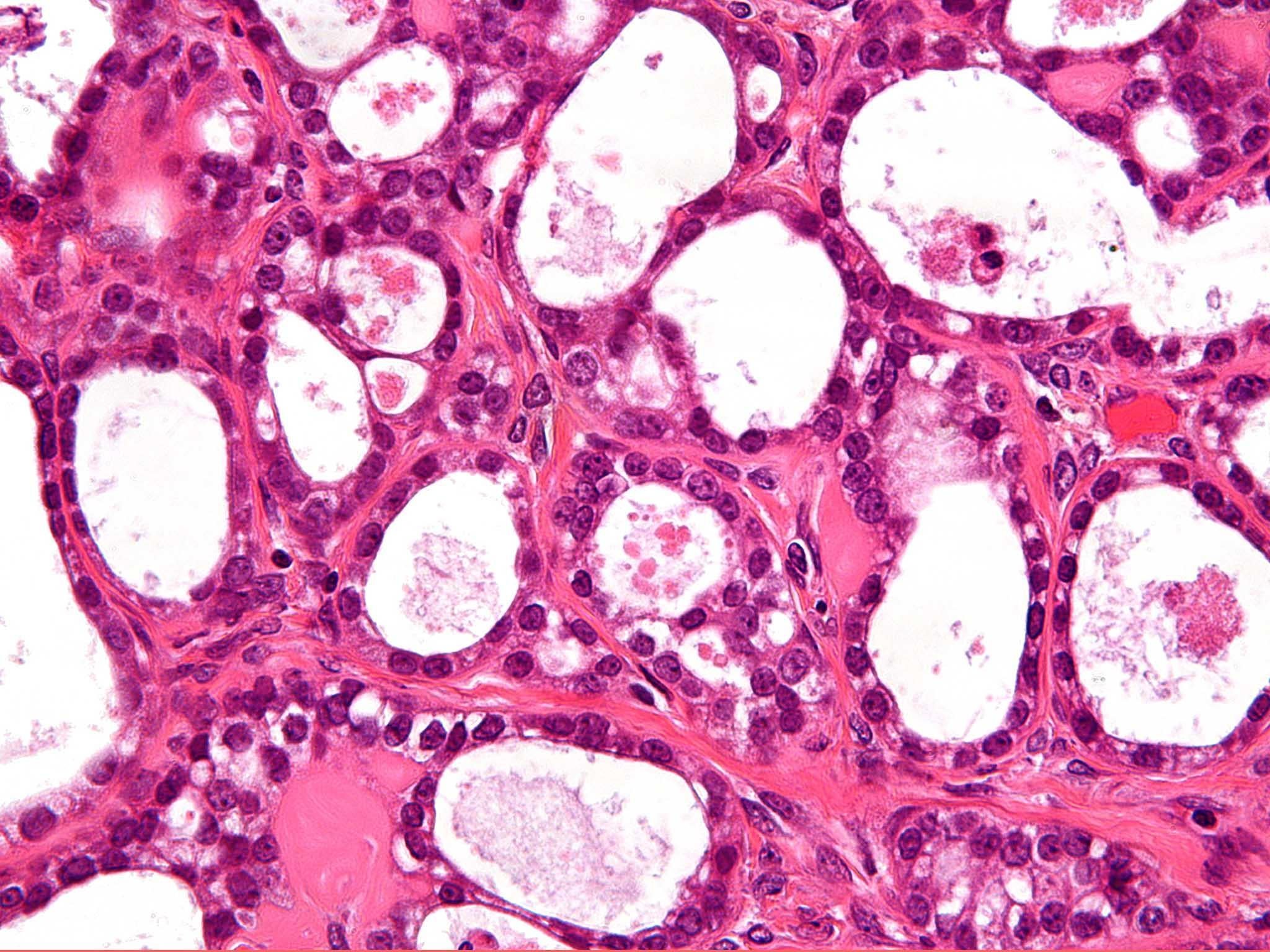Thousands of women with ovarian cancer to access groundbreaking new drug with biggest breakthrough in three decades
‘After two brain surgeries and further radiotherapy, niraparib has given me another lease of life,’ says woman

Thousands of women who have ovarian cancer will now be able to access a groundbreaking new drug, as progress on tackling the common form of the disease reaches its greatest breakthrough in three decades.
Niraparib, which treats patients by blocking cancer cells from repairing themselves, will be accessible to all women who are newly diagnosed with ovarian cancer.
Every day 11 women die from ovarian cancer, with two-thirds diagnosed with the disease once the cancer has already spread, which makes it more difficult to treat and increases the likelihood of it returning.
Ovarian cancer is one of the most common types of cancer in women – with the NHS saying around half of women with the disease will live for at least five years after diagnosis, while around one in three will live at least a decade.
Lyndsey Hadden, a 64-year-old from Enfield in north London, has been taking niraparib, which has the brand name Zejula, since November 2019.
She said: “I was diagnosed four years ago and started taking niraparib after the ovarian cancer spread to my brain. After two brain surgeries and further radiotherapy, niraparib has given me another lease of life.
“It’s much less harsh than some other treatments and I’m doing really well. It meant I could get back to my life including doing yoga, walking and swimming (when lockdown permits!).”
Women with stage III and IV ovarian cancer will be able to access the new drug from their first dose of treatment – meaning around 3,000 people will have access to it annually at a point when it is most likely to be effective.
Prior to this change, women whose cancer had returned were the only ones who could access the drug. Women with ovarian cancer have scant treatment choices and niraparib could extend their lifespans.
Annwen Jones OBE, Target Ovarian Cancer’s chief executive, said: “Today’s announcement is a major milestone in the fight against ovarian cancer, bringing hope during a pandemic where we have serious concerns about how many women are being diagnosed late.
“It’s the first time thousands of women will benefit from this innovative drug from the very beginning of treatment. We haven’t had such a breakthrough drug available to so many since the introduction of chemotherapy drug paclitaxel – Taxol – in the 1990s.”
Each year, there are roughly 7,500 new ovarian cancer cases in the UK – with around 4,000 deaths taking place annually.
Join our commenting forum
Join thought-provoking conversations, follow other Independent readers and see their replies
Comments
Bookmark popover
Removed from bookmarks